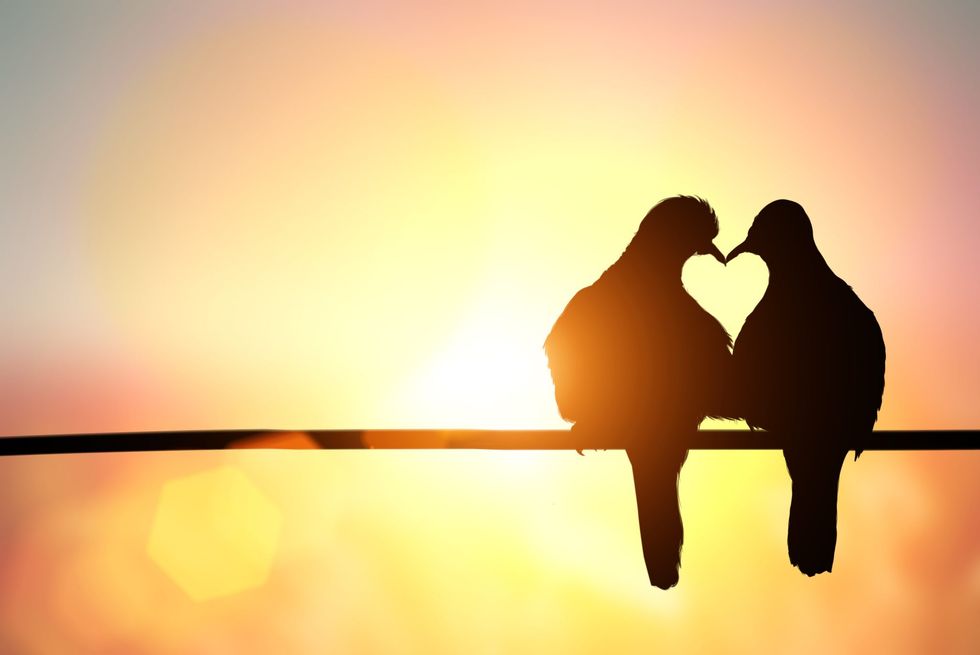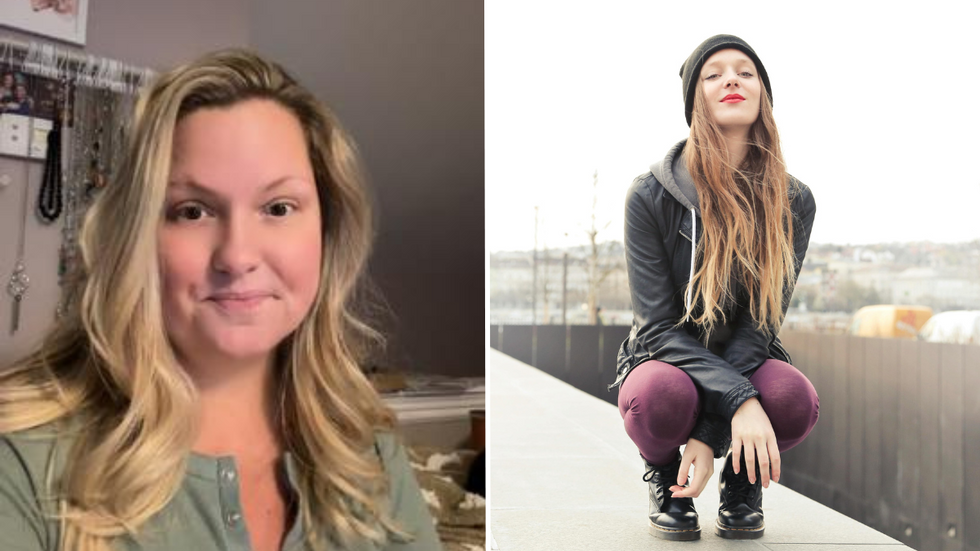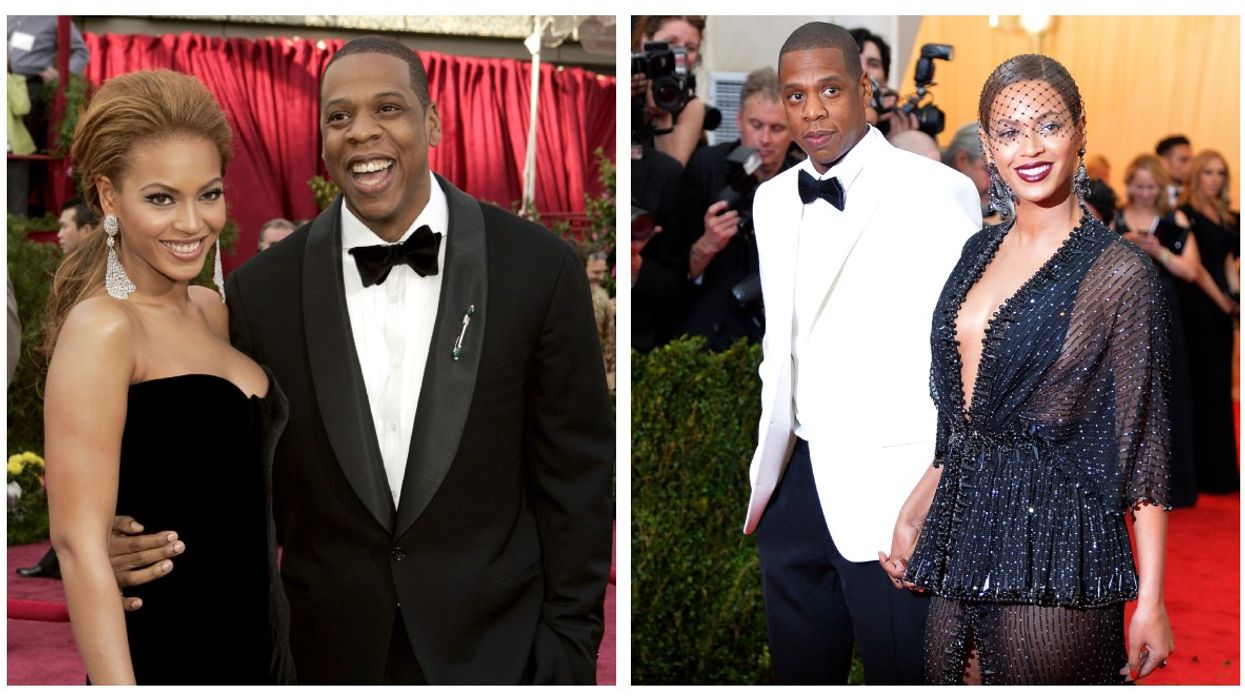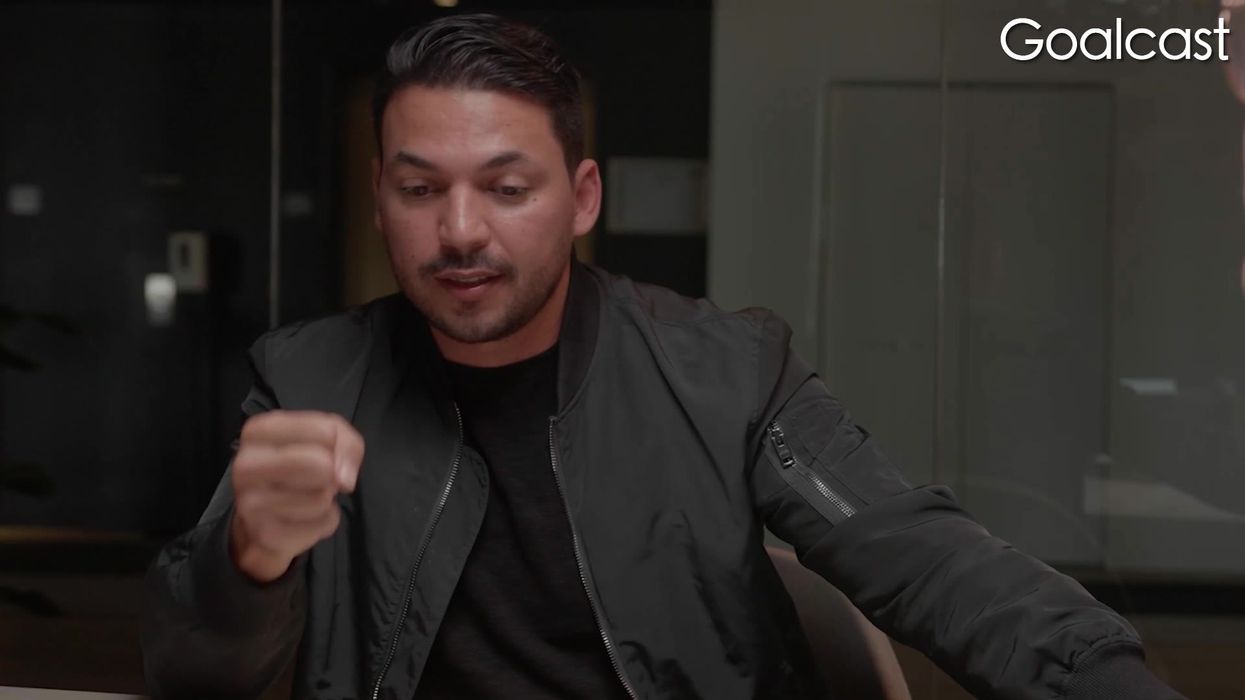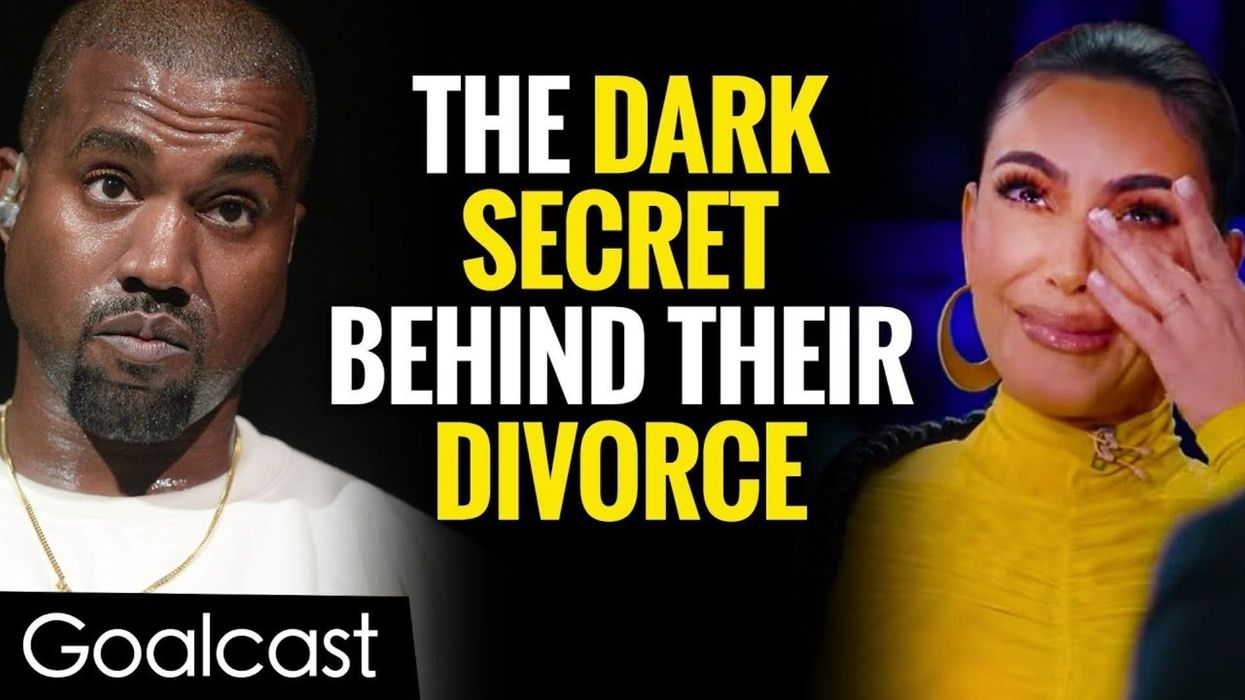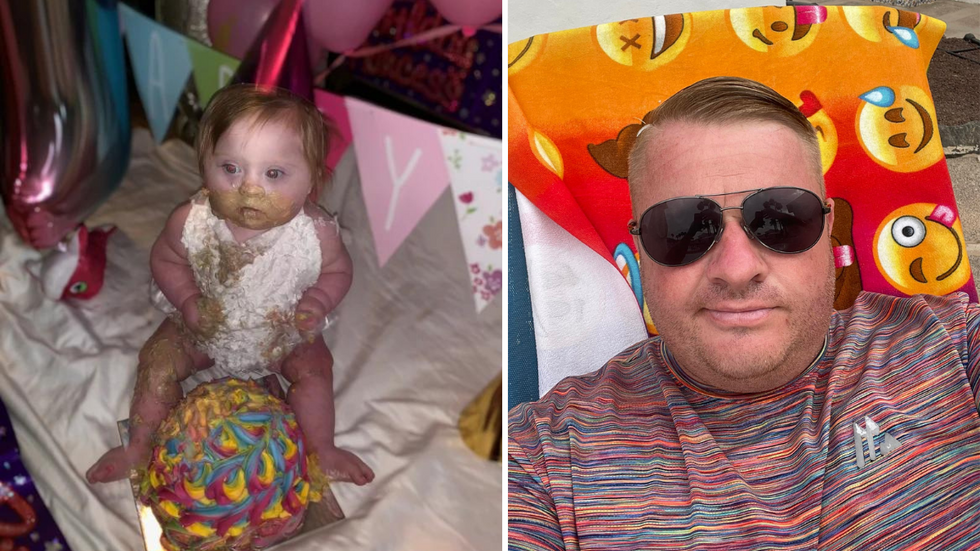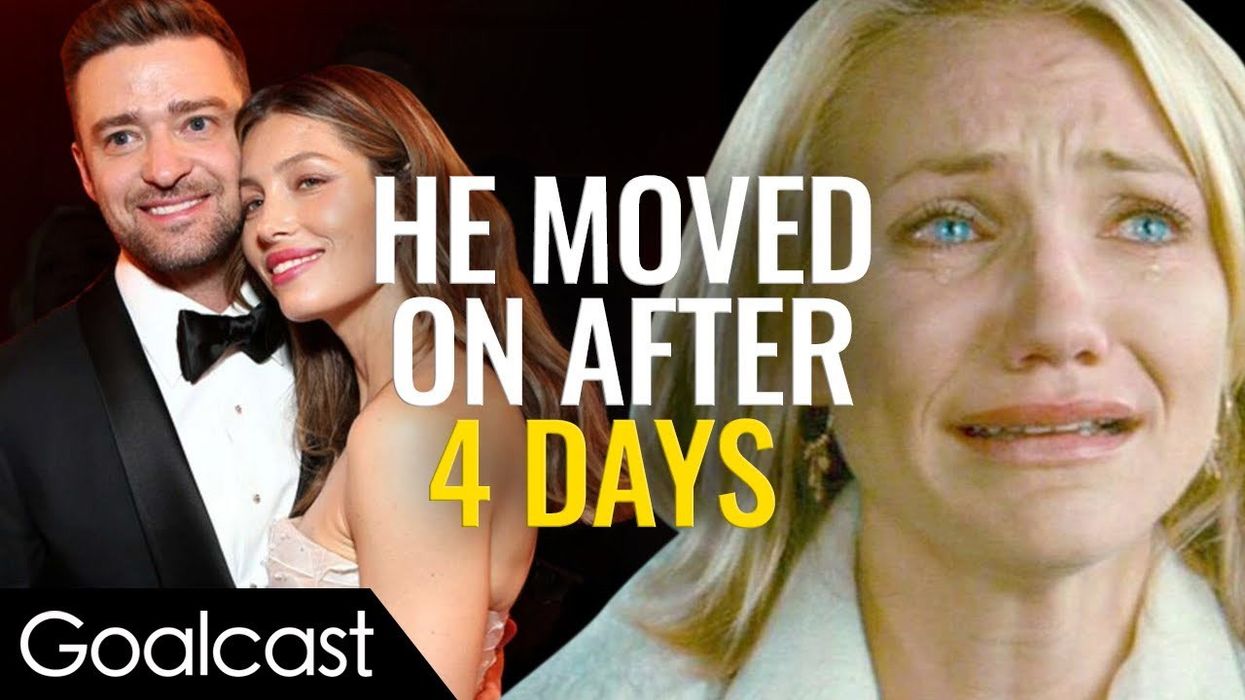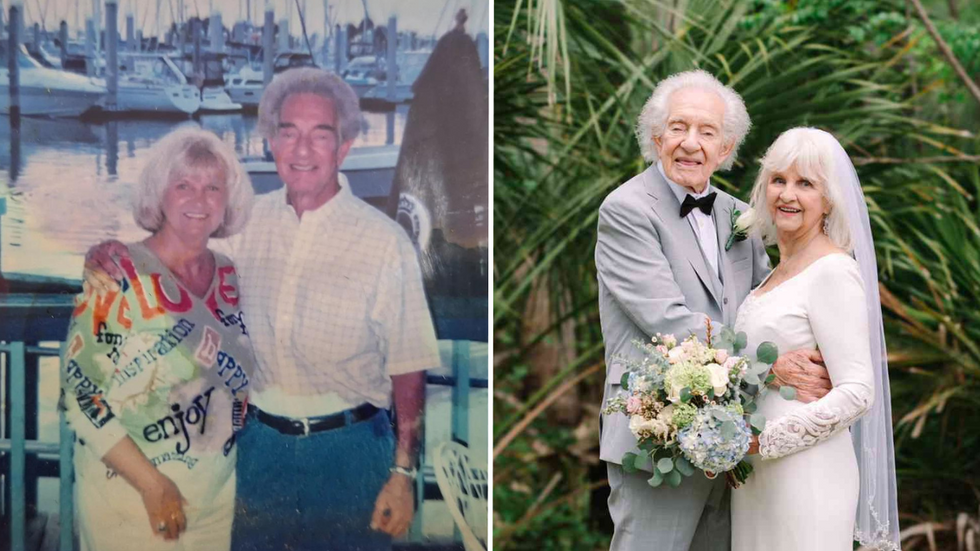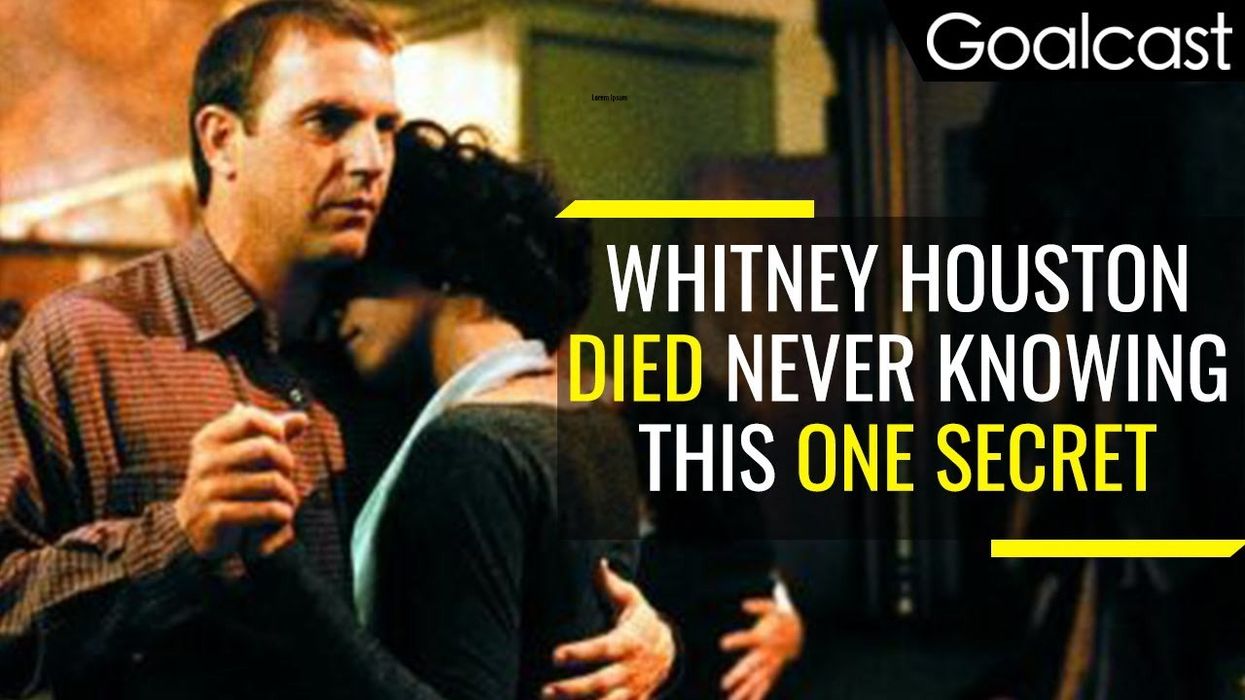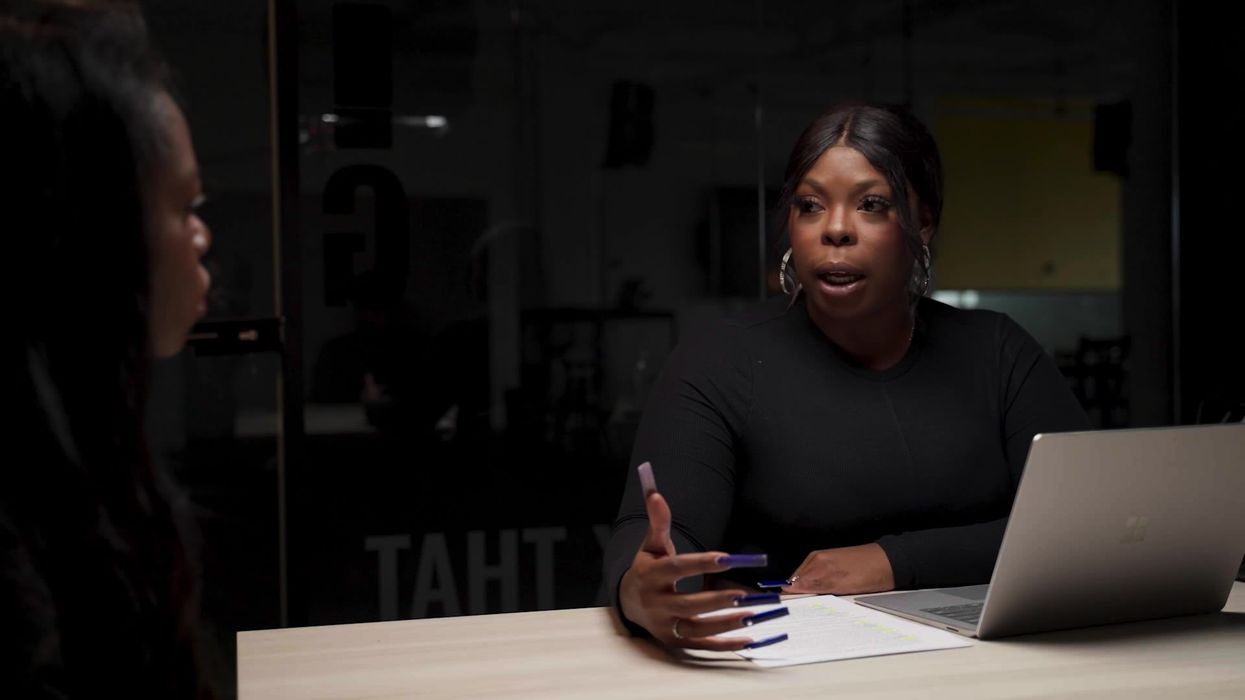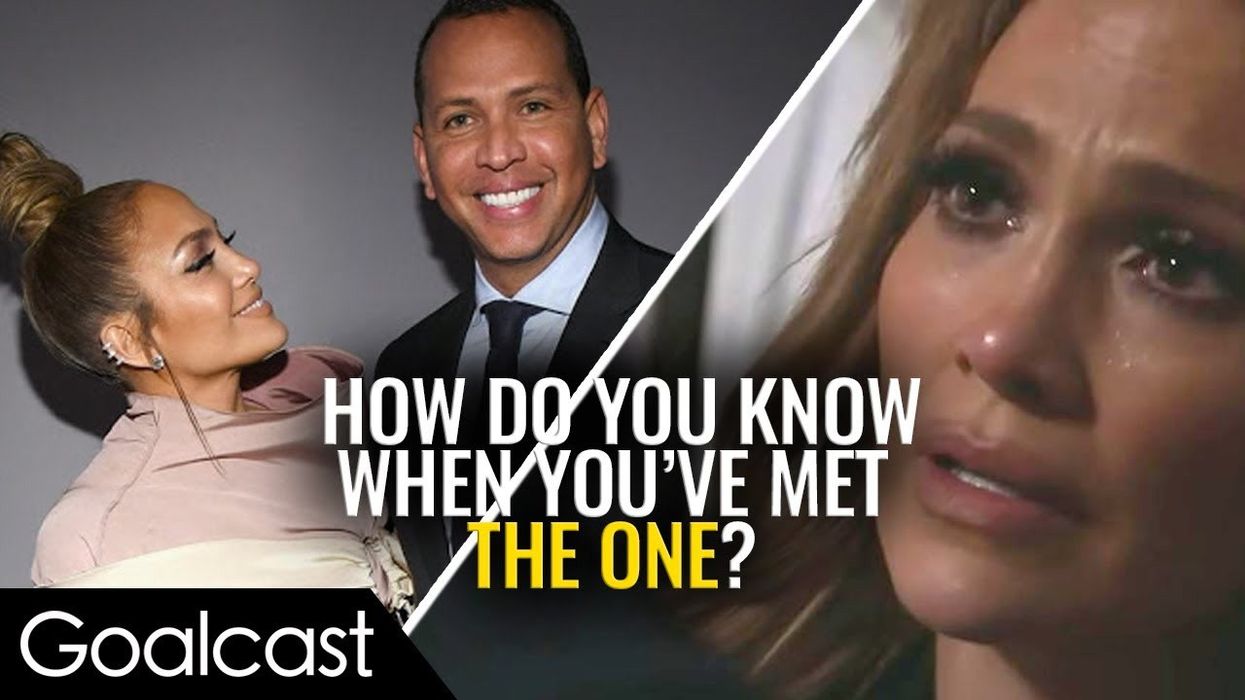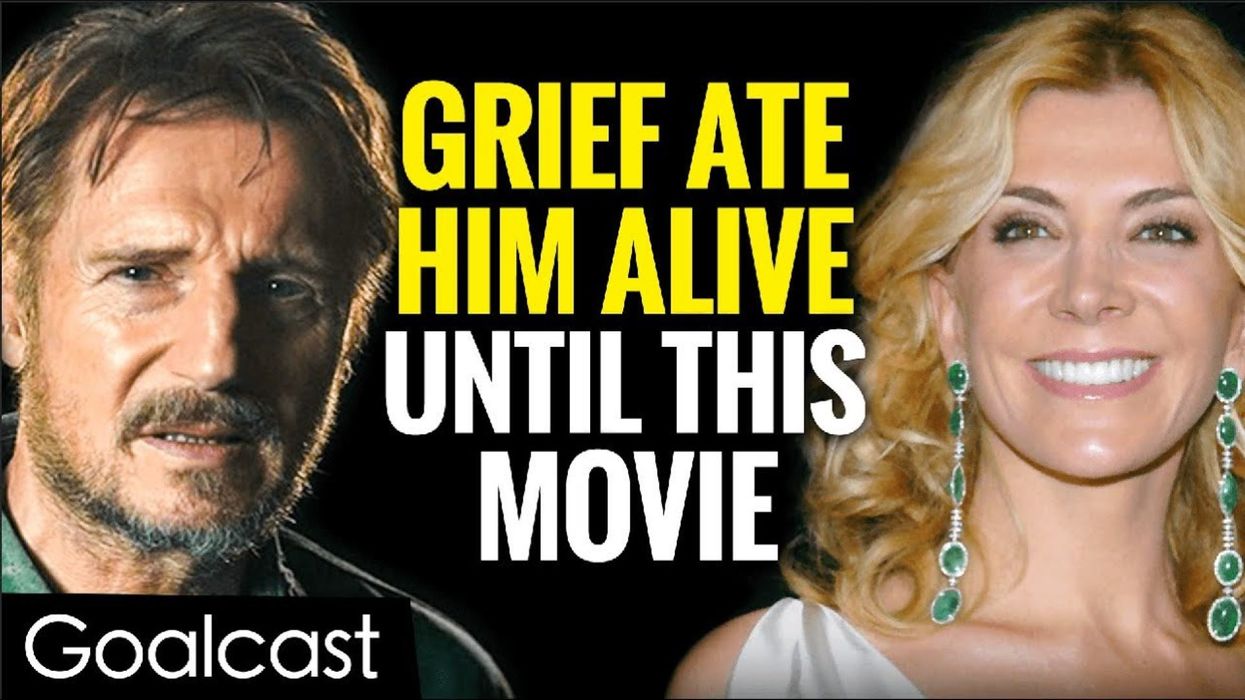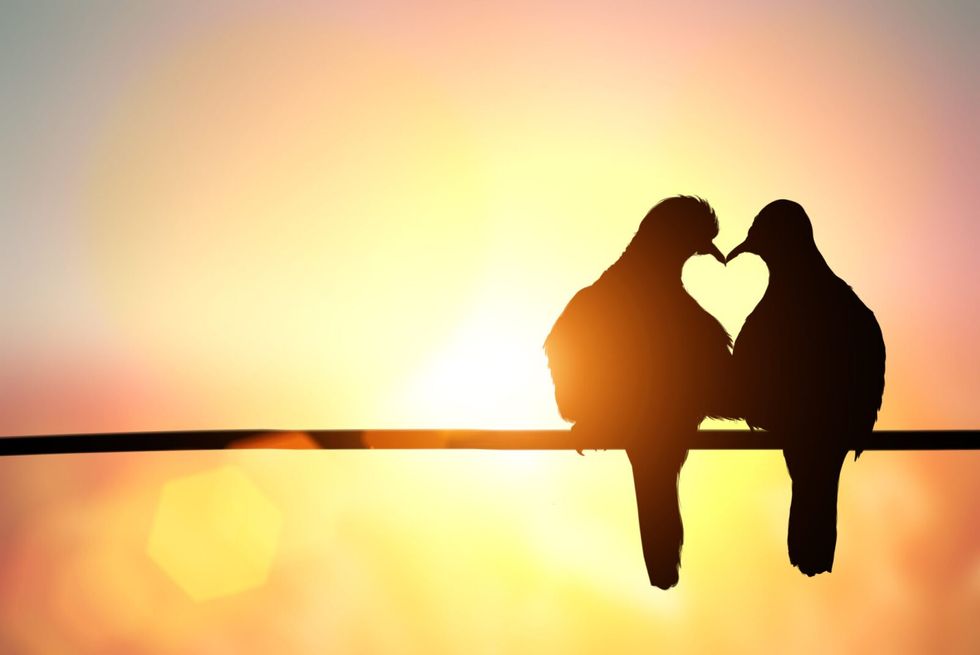
Listen and Learn: How to Stop Blaming and Start Building Bridges
One of the most common sources of conflict among people is in the way we communicate. Oftentimes, conflicts do not arise because of the diversity of opinions and beliefs. Diversity is necessary for thought exchange and ultimate growth. The true source of conflict, rather, is in the way we express our opinions and communicate disagreement. A blaming, sometimes even aggressive tone of voice can seep into our language, which invites confrontation instead of collaboration, and conveys a closed "my way or no way” kind of approach.
Here are three useful instruments that helped me to refine my communication skills and build bridges of mutual understanding with others when conflicts arise.
Listen and Learn: How to Stop Blaming and Start Building Bridges
Raise your words, not your voice. It is rain that grows flowers, not thunder.- Rumi
Be curious about others' intentions
A major source of conflict comes from the fact that we tend to evaluate our own actions based on our intentions, yet judge others based on their actions, without knowing their intentions.
For instance, when I fear I might have offended someone with my words, my immediate reaction would be to explain myself and make it clear my true intention was not to hurt anyone: ”I am sorry, I didn’t mean to sound like that. My point is that…”
However, when I didn’t like what I heard in a sensitive conversation, I used to jump immediately into a defensive or even aggressive posture, without even trying to understand more about what others wanted to tell me.
Blaming other people for the way I feel, act or think is disempowering. I can’t control what anyone says, but I am fully in charge of my emotions. No one can make me feel anything. No one can upset me, stress me or depress me unless I allow it.
Whenever I find myself feeling frustrated or angry during difficult conversations, I have educated myself to take a long, deep breath. That helps me stay grounded and manage the way I feel.
Secondly, I learned how to ask questions with the genuine curiosity of a child. I want to know more about the story behind the words: the circumstances, the impact on the people involved, their intentions, and so on.
Here are some of my favorite questions that help me do that:
- How did this happen?
- Can you tell me more about it?
- What can we do to sort this out?
People can only be responsible for what they say, not for what I understand. And no one is a mind reader.
The power of "what"
Let me ask you one and the same question, in two different ways. Say I’m disturbed by your words. I could choose to either reply by "Why are you saying that?” or I could ask, ”What makes you say that?”
Can you feel the difference between the two questions? Don't you feel like the "Why" question sounds more accusatory than the other?
The way we formulate our questions is essential. The day I learned how to ask questions using the word “what” instead of “why,” I could already feel a positive difference in the way I was building relationships in my personal life and career.
When asked “why," people tend to feel blamed. As a consequence, they either shut up entirely or get into a defensive mode, trying to justify themselves. Meanwhile, the "what" questions invite towards an open discussion and transparent communication. They help bring more balance, harmony and peace during sensitive conversations.
The importance of listening
High-quality coaching is all about asking powerful, thought-provoking questions, but also a lot about listening. Before starting to work as a coach, I used to be very self-absorbed and eager to take the space in conversations. The truth is that I used to listen in order for me to reply, instead of being fully present for others with mind, body, and soul, so as to try to understand their perspectives and points of view.
Sometimes, the only thing we have to do in a situation that might look like a conflict or disagreement is to hear what other people have to say with genuine care, curiosity, compassion, and attention. I came to understand that in a world where most people love to talk about themselves, being able to listen to another person is a form of love.
And now, I would like to hear from you. What is your best way to handle difficult conversations?












